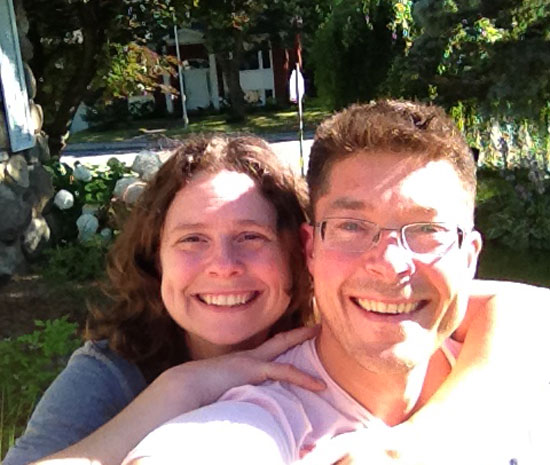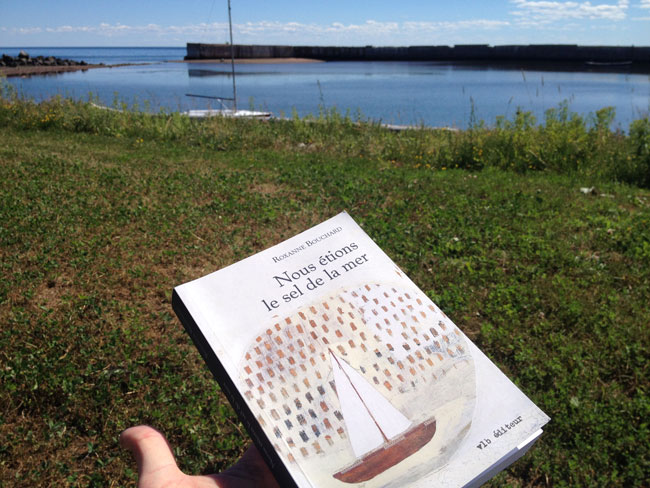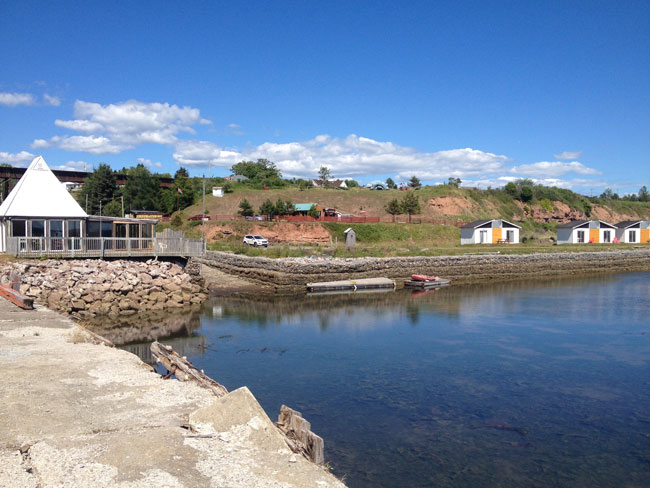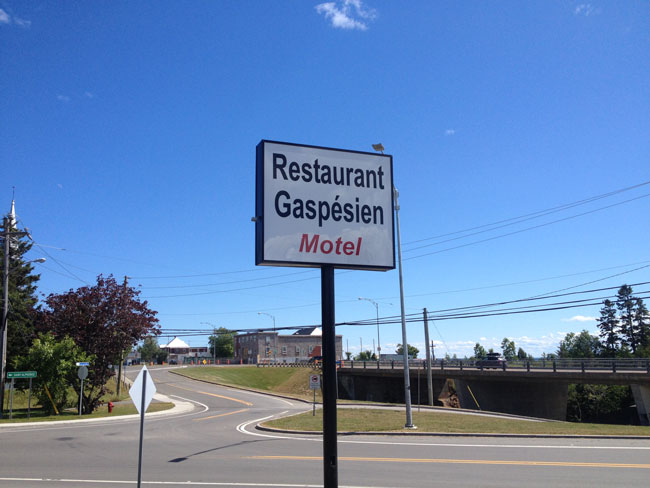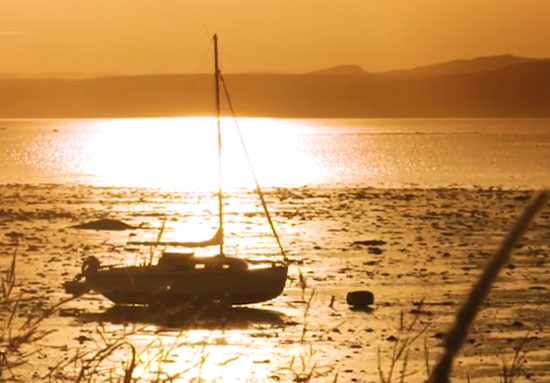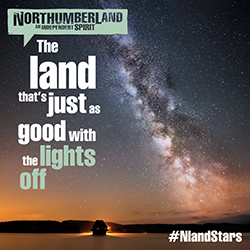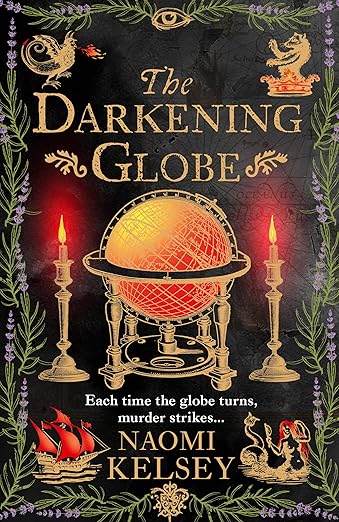Translators on location – David Warriner – We Were the Salt of the Sea
A new theme for Authors on location today – the translator on location….with the author!!
When it comes to translated fiction, one of the most important roles in getting the book out to new readers is of course the translator themselves. If not THE most important. In order for We Were the Salt of the Sea to get to more readers, David Warriner, is the man who brought the book to the English speaking audience…Published by Orenda Books right now!
BookTrail the novel here
David,
You have a long career in translation. What are the main challenges of literary translation?
I do have a long career in translation, but We Were the Salt of the Sea is one of my first forays into literary translation. If you think of translations as flights between countries, a literary translation is generally very much a long-haul flight. It takes a lot more preparation and a much bigger investment (of time and self), then and once you’re on board, you’re committed for the long haul. Compare that to shorter translation jobs, in publishing or otherwise, which are a series of short hops where it can seem you’re constantly packing an overnight bag and taking off or landing. Going forward, I want to be focusing on long-term projects like novels where I can really get my teeth into the fabric of the story and build a relationship with not only the author and publisher, but also the bloggers and booksellers who help spread the word about the translation. It can be a long slog to translate a whole novel, but I find it’s a better use of my time to be channelling my energy into one long-term project rather than starting, finishing and billing lots of smaller ones separately.
Also, as a non-literary translator, I’ve certainly build lots of great relationships with clients, but there’s not much interaction once the job is delivered, especially not with the end reader. Translation tends to be quite a solitary profession, and it can be a lonely one if you’re not careful. So ultimately, I think I’m going to find the literary translation avenue more fulfilling from a people perspective, in terms of interacting with other book people, be they authors, publishers, bloggers, booksellers, festival-goers or readers.
How do you start with such a lyrical novel as this?
Good question! After first reading the book a couple of years ago, I reread it twice a few months apart to reacquaint myself with the language and the characters. I was also fortunate to be able to pick Roxanne’s brain about the locations in the novel and hear some of her travel stories. Knowing Roxanne helped me to translate her voice, and hearing stories about the characters really helped me to develop their voices and their verbal tics. One of the biggest challenges was translating Vital Bujold’s ‘Christ in a Chalice!’(Saint-ciboire de câlisse) – after much umming and ahing and advice from a good literary translation forum, I finally settled on something that kept the religious nature and strong imagery of the original intact. I did tear all my hair out in the process, though.
Booktrail the novel here
Do you know the Gaspé area well?
Until last summer, I’d only driven out there once before for a long weekend when I was living in Quebec City about ten years ago, though it’s the kind of place that beckons you to return. I wanted to really immerse myself in the flavour of the novel before I started work on the translation, so when I was out in Quebec last summer I decided to drive out there for a few days and spend some time on the beach, in the village and with the locals. I was pleasantly surprised to see many of the characters in the novel are based on real people Roxanne met when she was there, and I loved meeting them. From sharing a six-pack of beer with Vital Bujold at his kitchen table to watching the sun set around a fire on the beach with Renaud Boissonneau and sailing in Bonaventure with Marlène Forest and her friends, I saw for myself that these people really are so authentic, generous and welcoming, they’re the proverbial salt of the earth (or the salt of the sea, I suppose!)
Were you in contact with the author to ask questions about nuances and cultural aspects?
Yes, I often texted and emailed back and forth with Roxanne whenever I needed to check exactly what she meant with some particularly lyrical passages (and to give her updates on how the translation was going. Though I lived in Quebec for many years and am familiar with a lot of the cultural nuances and expressions, some things I really did need to triple-check, as the further you move away from the urban centres in Quebec, the more colourful the language tends to get. And the Gaspé Peninsula is about as far out as can be!
 Who would you like to translate next?
Who would you like to translate next?
I’d actually really like to translate some of Roxanne’s other work. Her latest book in French, with translates to Five Bullets to the Brain is an engaging work of non-fiction that explores many of the taboos around servicemen and women returning from war zones with no one to talk to about their experiences. As for other authors, I’m working on pitches right now for another female Quebec author who sets her crime novels in Prohibition-era Montreal, and French authors who set their stories at home or in fields as far-flung as the Mongolian steppe. Every book I translate is like a stamp from an exotic place in my passport, I love it!
Thanks so much David for taking the time to chat about the wonders of translation !
BookTrail Boarding Pass: We Were the Salt of the Sea
Twitter: @givemeawave

